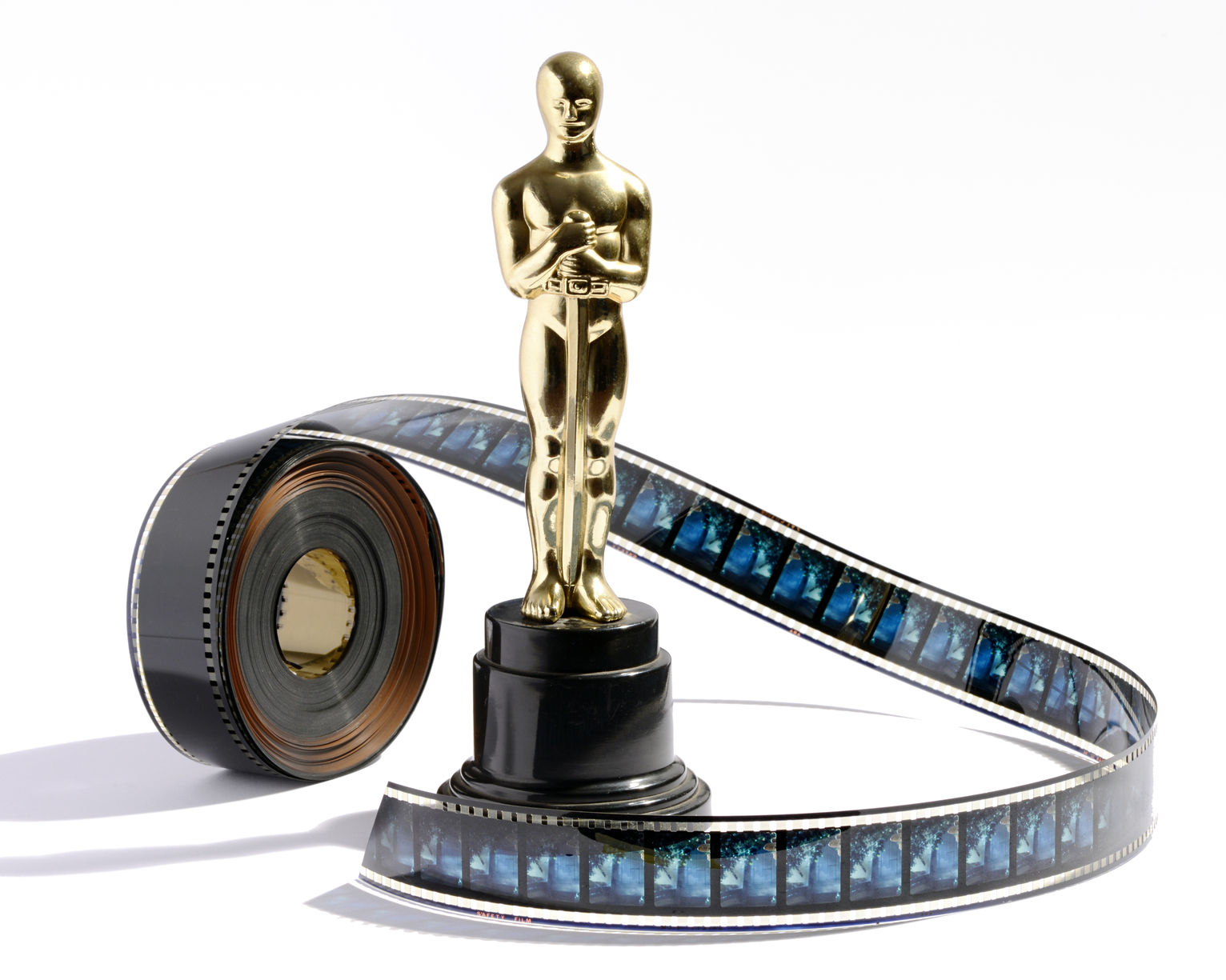When Nancy Reagan passed away last month, Mitt Romney said her passing marked a final goodbye to the days of Ronald Reagan, who rose to prominence in Hollywood films. That may well be, but last month’s Academy Awards may have waved goodbye to a longstanding practice, the blacklisting of Communist reality in American movies.
For decades, one of the industry’s favorite themes has been the “Hollywood blacklist.” In this black-and-white western, venal government investigators ride into town and make life miserable for a blameless group of liberal writers and directors.
That is the celebrated “back story” to the 2015 film Trumbo, starring Bryan Cranston. The real story, and the central character, are much more complicated.
Trumbo joined the Communist Party USA during the Hitler-Stalin Pact of 1939-1941, when many other Soviet sympathizers left the Party, never to return. In 1940, when Britain stood alone against the Nazi war machine, Trumbo wrote The Remarkable Andrew, in which the ghost of General Andrew Jackson argues against American military aid on the grounds that Britain is “already licked.”
Trumbo’s Communist Party hack job proved no object to a lucrative Hollywood career. Indeed, it helped him. During the 1930s the Communist Party built a powerful organization on the movie studios’ back lots and in the talent guilds alike.
After World War II, the House Committee on Un-American Activities decided to hold hearings, and the unfriendly witnesses included Dalton Trumbo. The movie moguls caved and said they would not hire Communists.
Trumbo and other writers continued to work and prosper under fake names. By the 1960s the so-called blacklist collapsed and Dalton Trumbo emerged as a victim and a hero, as Cranston portrayed him in the hagiographical biopic.
Trumbo was released late in the year, better to garner attention, but failed to gain an Academy Award nomination for best picture of 2015. Further, Bryan Cranston did not win for his performance in the lead role.
On the other hand, Mark Rylance won an Oscar as best supporting actor for his portrayal of captured Soviet spy Rudolf Abel in Bridge of Spies. That film charted the exchange of Abel for downed American U2 pilot Francis Gary Powers and American student Frederic Pryor.
Directed by Stephen Spielberg, Bridge of Spies did not win best picture. On the other hand, it did break new ground. The script, by Matt Charman, Ethan Coen and Joel Coen, made it clear that Julius and Ethel Rosenberg were spies and traitors.
The audience saw the Berlin Wall being built and got a sense of life under Communist tyranny. Here was a regime that needed to wall in its subjects. Bridge of Spies even showed Communist border guards gunning down those fleeing to freedom.
James B. Donovan, the lawyer who managed the prisoner exchange, responds in horror. Tom Hanks failed to gain a nomination for the role, but the story is bigger than any individual performance or film award.
Trumbo was content to recycle longstanding left-wing mythology. Bridge of Spies, on the other hand, dared to tell the truth about American Stalinist spies, and show Communist tyranny in action.
That sends a positive signal that Hollywood blacklisting of Communist reality may come to an end some day. The real winners will be moviegoers worldwide.








